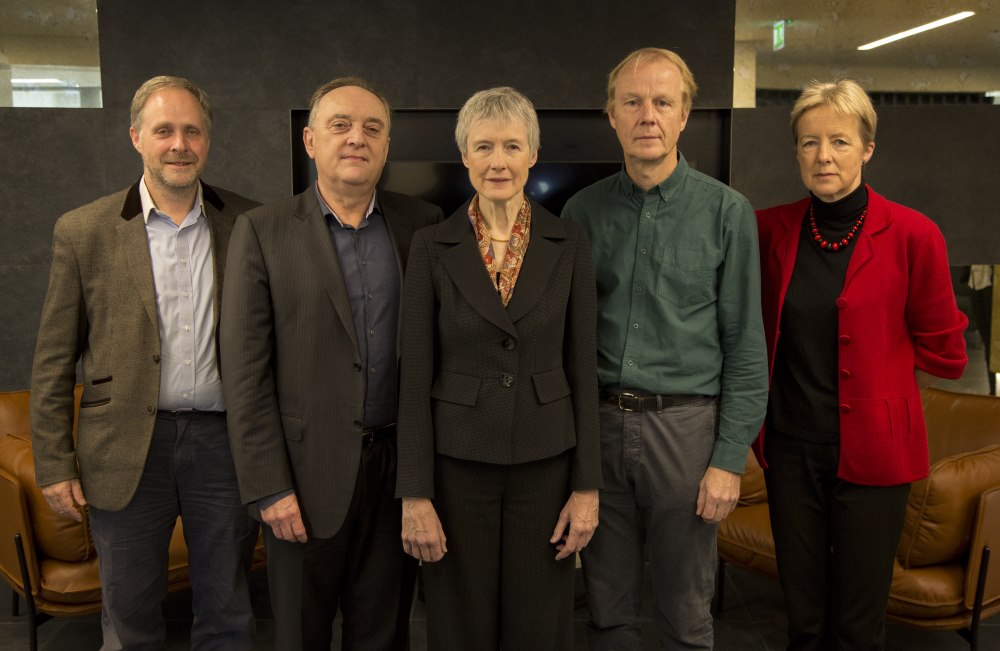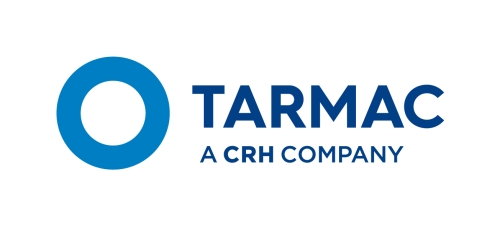message from our external sustainability panel
The 2019 year was very different from the one we are in now, as this commentary is being written. There was uncertainty, chiefly around the political and business consequences of the UK leaving the EU, but it was also a year which provided continuing opportunity for Tarmac to address the long-term sustainability challenges which it faces. It is with those long-term issues that the Panel is chiefly concerned and with which it, in its role as “critical friend”, is best positioned to assist. Throughout, as in previous years, it fulfilled this role chiefly by holding frank and substantial discussions with the members of the senior management team.
During the year, the Panel was pleased to hear about the development of the CRH approach to sustainability and to suggest how the interchange of ideas between Group and Tarmac might be expanded to mutual benefit.
That was 2019. Since then, as all stakeholders are acutely aware, a very different business climate has materialised – and very rapidly. This is not the time or the place for the Panel to comment on the pandemic, Tarmac’s response or the implications for sustainability. But it does conclude by expressing confidence that the company’s commitment to sustainability, at all levels within the organisation, will prove to be central to addressing this alongside other challenges.

The mission of the Tarmac External Sustainability Panel is to provide advice and guidance, and to serve as “critical friends” of the company as it undergoes its transformation to a provider of sustainable solutions.
The Panel fulfils its role chiefly by meeting the Tarmac Executive at intervals during the year, informed by site visits and background information. At those meetings, discussions embrace the strategic direction of the business, its response to emerging sustainability issues and other topics requested by the Panel or suggested by the company.
It is not the role of the Panel to scrutinise performance data or to audit the company’s activities, but to provide high-level, strategic guidance. The commentary here does not therefore constitute a review or audit of this report.
